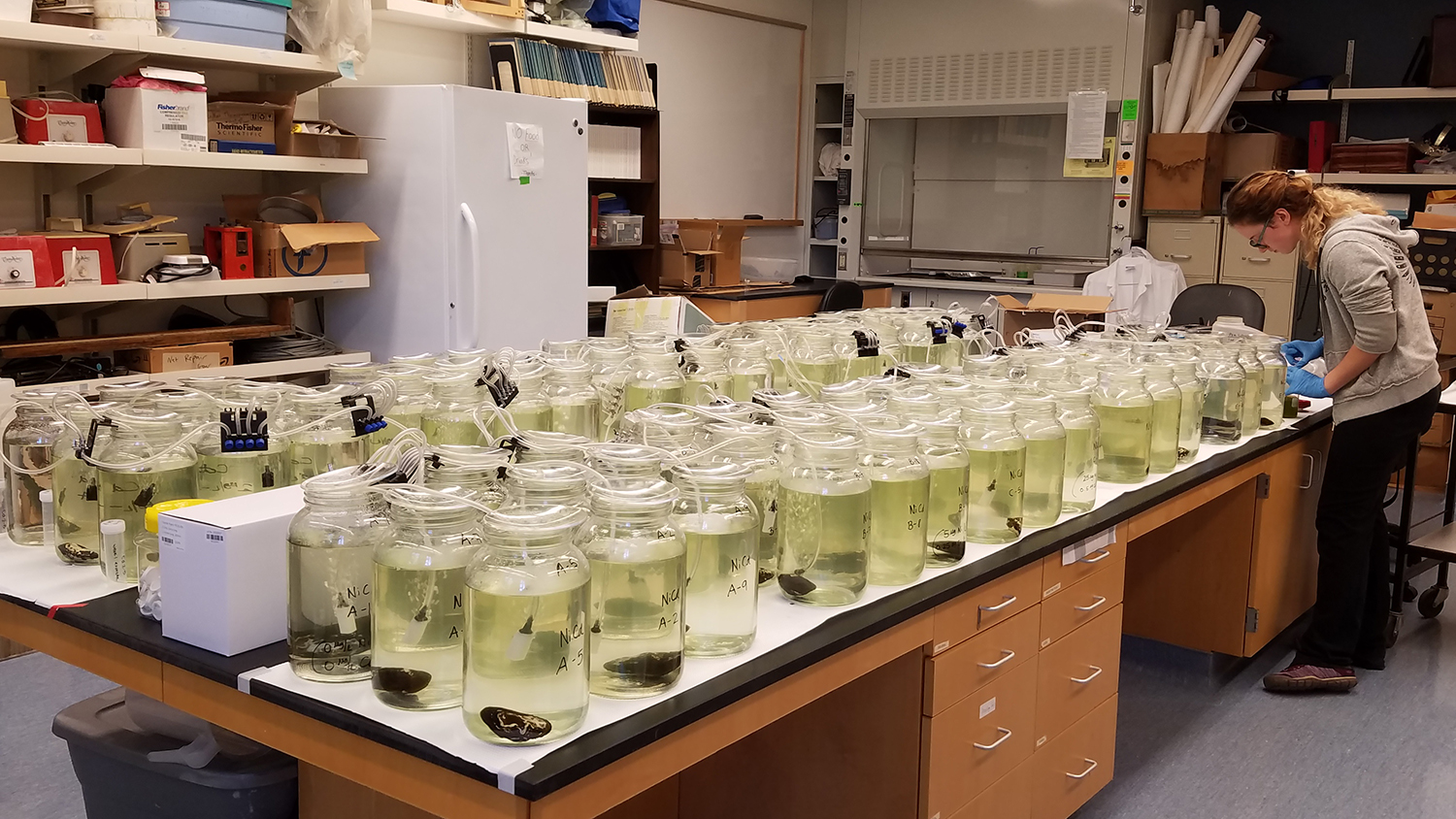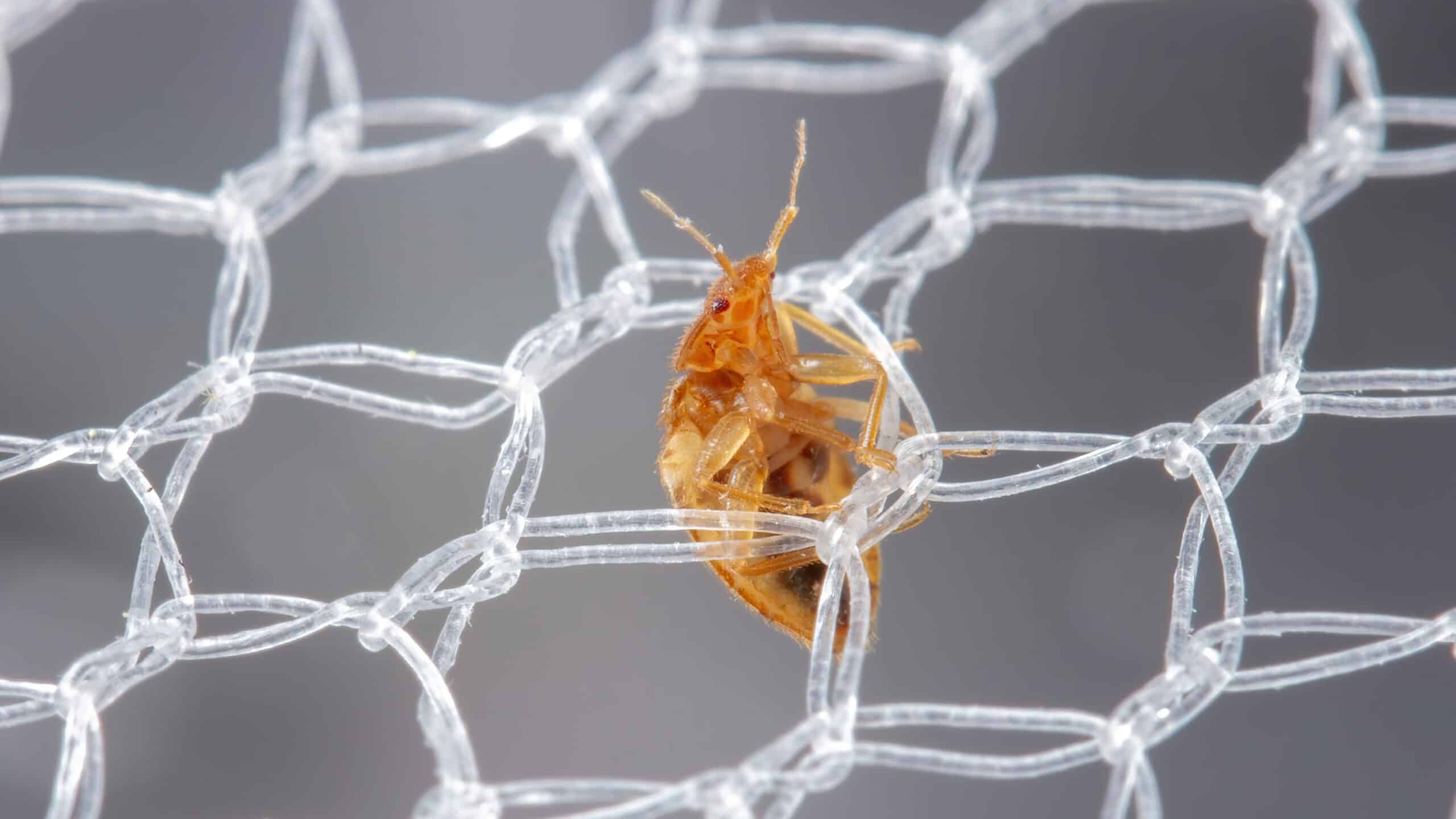Study Will Examine Ecosystem Benefits Provided by Freshwater Mussels

For Immediate Release
A North Carolina State University study focused on improving water quality and public awareness of water-quality issues will track the benefits of environmentally important freshwater mussels in North Carolina’s Neuse River basin.
The 18-month study will quantify removal of water contaminants by mussels in the Neuse River basin, and will also use focus groups and interviews to assess public awareness of aquatic ecosystem health in central and eastern North Carolina.
“We’re looking at ecosystem services, which are essentially nature’s benefits to people,” said Jennifer Archambault, a research associate and doctoral student in NC State’s Department of Applied Ecology who studies freshwater ecology and toxicology. “Our overall goals are to quantify pollutant removal by mussels for improved water quality and to increase public awareness of aquatic ecosystem health.”
The study, fueled by a $70,408 grant from the Duke Energy Water Resources Fund, will examine heavy-metal concentrations in field-collected mussels and use population estimates to show the amounts of heavy metals removed by mussels. The study will also shed light on how mussels take up – and then discard – cadmium and nickel, two toxic heavy metals.
“These are pollutants of human and environmental health concern,” Archambault said. “Mussels can remove metals at a fairly substantial level, which can be a great benefit to people and the environment.”
Previous research performed by Archambault showed that two populations of mussels removed some 18 tons of toxic metals from a river system in the Midwest.
“When mussels perform this type of heavy-metal removal in fresh water, it helps our water treatment plants by sharing some of the burden,” said Greg Cope, an NC State professor of applied ecology and the principal investigator on the grant.
The study will span the Neuse River from its headwaters in the Piedmont to the Coastal Plain. Mussels in urban, farming, rural and coastal region waters will be studied, and focus groups will interview residents for their thoughts on the importance of what goes on in their freshwater surroundings.
“We’ll ask North Carolinians about the kinds of things that positively or negatively affect water quality and about how they value water resources,” Archambault said. “Hopefully, we’ll be able to make an impact in raising citizens’ awareness of their roles in protecting these resources.”
-30-
- Categories:


